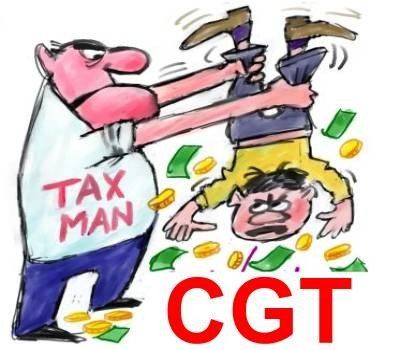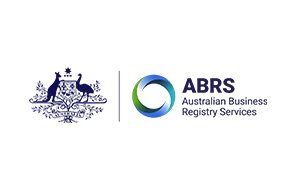Capital Gains Tax – One Problem – Three Solutions
Capital Gains Tax – One Problem – Three Solutions

Have you sold an investment property or a parcel of shares this financial year? Are you losing sleep, worried about a big Capital Gains Tax (CGT) bill this tax time? There could still be some solutions , as long as you act well in time!
Taking an example: if you sold an investment property for $900k in FY18, which you bought for say $500k a few years ago, your gross capital gain is $400k. Assuming you are eligible for 50% Long Term CGT discount, your taxable capital gain is $200k. Split this between husband and wife owners, each of you are liable to pay your marginal tax rate on your share of $100k of this gain. This could be as high as $47k each, if you are in the top tax bracket.
So what can you do about it?
1. Contribute to super.
Untill 30.06.2017 tax deductible contribution to super could only be possible through salary sacrifice (unless you were running your own business, this added to the complexity and hence the limitation). From 01.07.2017 any one can contribute to their super, and claim it in tax. Hence you can possibly contribute a part of your capital gains into super, and thus reduce the taxable gain. It is important to note;
- Your total pre-tax contribution, including employer contribution and salary sacrifice amounts, should not exceed the annual cap of $25,000. Thus in above example, if you were at an annual salary of $80k (assuming $8k employer super contribution), you could contribute appx $17k into super, and thus reduce your share of 100k taxable capital gain to $83k.
- You need to advise your superfund that it is a personal pre-tax concessional contribution and that you will be lodging a 'Notice of intention to claim in tax' form prior to your tax return lodgment. An acknowledgement of this notice is critical for you to be able to claim your contribution in tax.
- Super contribution falls under financial planning advice, so please contact your superfund or your financial planner before you make this choice.
|
Tip! The above strategy is not limited to just capital gains. If you have received a one off bonus, or have high income and high tax bills, you can use the above strategy to reduce your taxable income and hence get a substantial tax refund. |
2. Consider SBCGT concessions.
Unknown to many taxpayers and their accountants, if you sell a business asset, you may be able to avail, what is called 'Small Business Capital Gains Tax Concessions' (SBCGT). These concessions are not limited to just business assets like goodwill and franchising rights, but also land and building used for running your business. Even properties partly used for business can qualify, as long as you confirm with the area of use and period of use provisions. These generous concessions include;
- 15 year exemption – if you have owned business asset for more than 15 years.
- Active asset exemption – additional 50% CGT discount on top of the normal long term CGT discount.
- Retirement exemption – for contributing up to $500k into super, saving for your retirement.
- Rollover exemption – for using sale proceeds for purchase of further business assets.
| Tip!
Over the years, millions of dollars of taxable capital gains have been reduced to NIL using this legitimate and extremely efficient concession. If you have a scenario where you think you could be eligible, do not hesitate to contact us. |
3. Consider selling some of your loss assets to counter capital gains.
If you own some shares, currencies or other stocks, which have gone considerably low in value, or have just vanished off the stock market, this might be the time to sell them off, book a loss, and thus reduce your taxable capital gain. If you can't find the share listed on the stock market, you could use services of companies like delisted.com.au to sell these shares for a small fee, and book capital loss. Please note, just because your shares are no longer listed, or the company is under liquidation, you cannot book capital losses till you receive a confirmation letter from the directors or liquidators.
| Tip!
Be careful. If you try to sell loss making shares in one financial year, and soon after buy them back in the next financial year, ATO could treat this as a tax avoidance scheme. |
Conclusion: If you need any help in managing your burgeoning capital gains tax situation or taxation in general, click here to get in touch with us.

Join MGAA's Community






